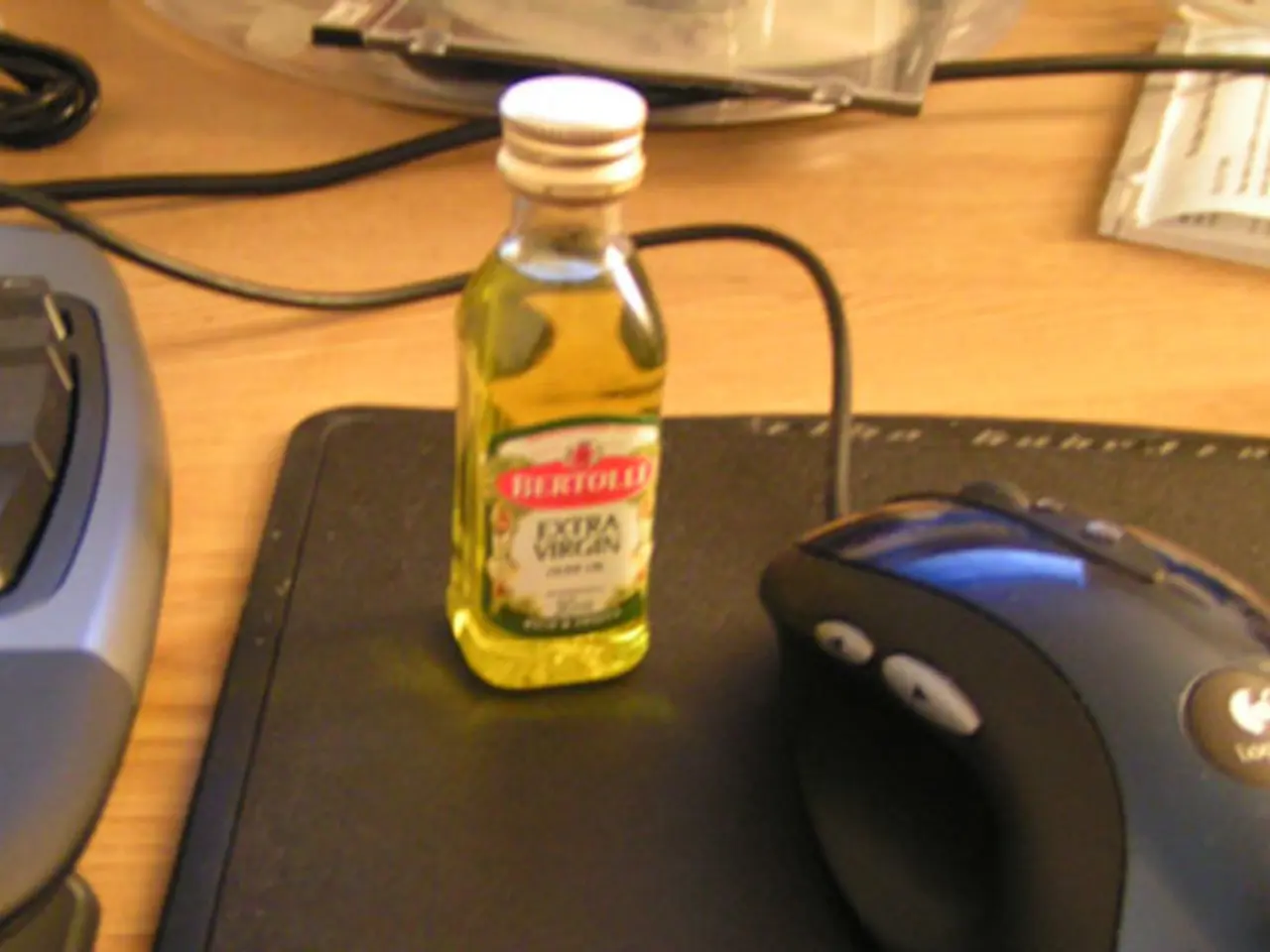Executive Role in Initiation: An Overview
In the realm of productivity and time management, task initiation plays a pivotal role. Task initiation, the ability to start a task or activity without undue delay, is crucial for effective execution of work [1]. However, procrastination, the act of delaying or avoiding beginning a task, often poses a challenge.
To conquer procrastination and enhance task initiation skills, adopting strategic approaches can be beneficial. Breaking tasks into smaller, manageable steps is one such strategy. This approach, often used by those with Attention Deficit Hyperactivity Disorder (ADHD), reduces intimidation and creates "easy wins," boosting motivation and momentum [1][4].
Visual aids and cues can also be effective in prompting action and maintaining focus. Checklists, schedules, or timers can serve as reminders of the next step, while the Pomodoro method—25 minutes of work followed by a 5-minute break—helps maintain momentum [1][3].
Creating and following a daily schedule in advance, with time-blocking and the application of principles like the Pareto 80/20 rule and Eisenhower’s urgent-important matrix, structures your day and prevents procrastination caused by unclear direction [2].
Setting specific, measurable goals for task initiation, such as committing to starting a task within 5 minutes of the planned start time, fosters accountability and improves follow-through [3].
Regulating your mindset by naming distractions and emotions, and using tools like AI assistants, can help overcome mental blocks. AI can draft emails, suggest options for getting unstuck, or act as a 'digital body double' to keep you working [5].
Adjusting your physical environment and routines to cue initiation, such as clearing your workspace, playing gentle background music, or placing necessary materials where you can see them, can help reduce resistance to starting [1]. Short physical breaks between tasks can recharge your brain, preventing burnout during task initiation [4].
For those with ADHD, breaking tasks into smaller steps can aid task initiation. Executive function, encompassing cognitive processes crucial for managing thoughts, emotions, and behaviours, is often impacted in individuals with ADHD. Working on mental health is crucial for improving executive function skills, including task initiation [6].
Executive Function Disorder can also impact a person's ability to manage tasks effectively, including initiating activities. Techniques like task breakdown, dividing larger tasks into smaller, manageable components, can be beneficial [7]. Mindfulness techniques like deep breathing can help reduce anxiety associated with starting tasks [8].
Goal-setting with specific, clear objectives can facilitate task initiation. Setting specific deadlines can help initiate tasks by creating a sense of urgency. Positive self-talk, encouraging affirmations like "I can start this task right now," is an effective cognitive approach for task initiation [9].
Factors influencing task initiation include emotional state, environmental cues, and personal motivation. Techniques to combat procrastination include setting specific deadlines, rewarding yourself for progress, or identifying and mitigating distractions in your environment [10].
Improved task initiation leads to improved time management and increased productivity. Behavioural organization, involving structuring activities and utilizing time effectively through planning, prioritizing tasks, and visibly tracking progress, supports this improvement [11].
In summary, a scaffolded, supportive approach to starting work that reduces overwhelm, builds confidence, and anchors productivity in deliberate habits and cues can be achieved by implementing these strategies.
- Adopting strategic approaches, such as breaking tasks into smaller steps, can help individuals with anxiety related to task initiation, especially those who are neurodivergent like those with ADHD.
- time management skills are essential for effective executive function, a key component for decision-making, goal setting, and emotional regulation, all crucial for personal-growth and learning.
- Visual cues, like checklists and schedules, can assist women in maintaining focus and organization, while the Pomodoro technique aids in planning and attention.
- Habits like clearing your workspace and taking short physical breaks can help reduce resistance to starting a task, enhancing productivity and preventing burnout.
- Regulating your mindset involves naming distractions and emotions, using AI assistants to overcome mental blocks can aid in improving task initiation skills.
- Science supports the positive impact of health-and-wellness practices on mental health, including reducing anxiety and improving executive function, which in turn boosts productivity.
- Education and self-development programs often emphasize mindfulness techniques, like deep breathing, to help managers and students cope with the anxiety associated with task initiation.
- Techniques like task breakdown can benefit individuals with executive function disorder, a condition that can make managing tasks effectively, such as proper time management, challenging.
- Supporting each other, encouraging positive self-talk, and setting specific deadlines can be effective strategies to facilitate task initiation and combat procrastination.
- Ultimately, a supportive and structured approach to task initiation that incorporates planning, prioritizing, and habit-forming can lead to improved time management, productivity, and overall mental health.




